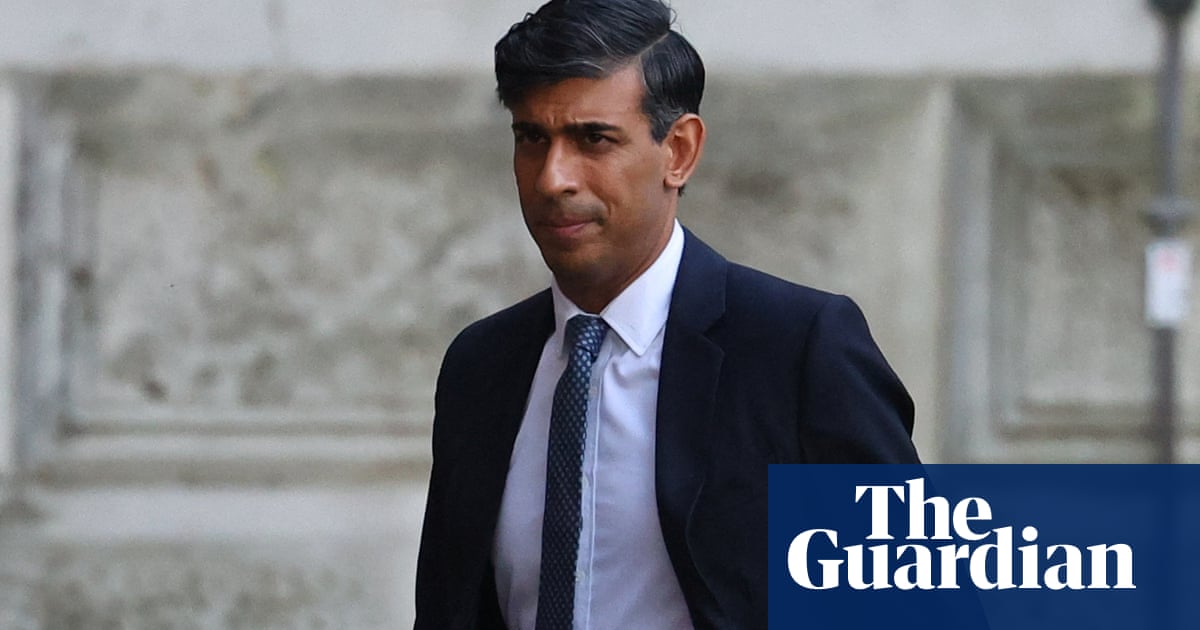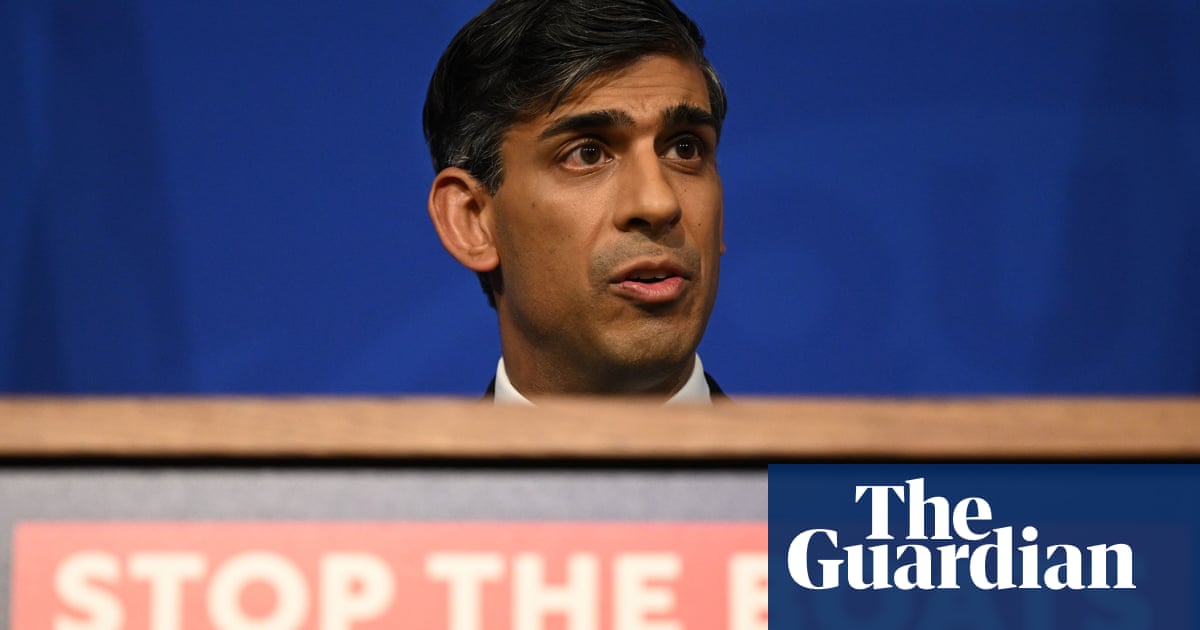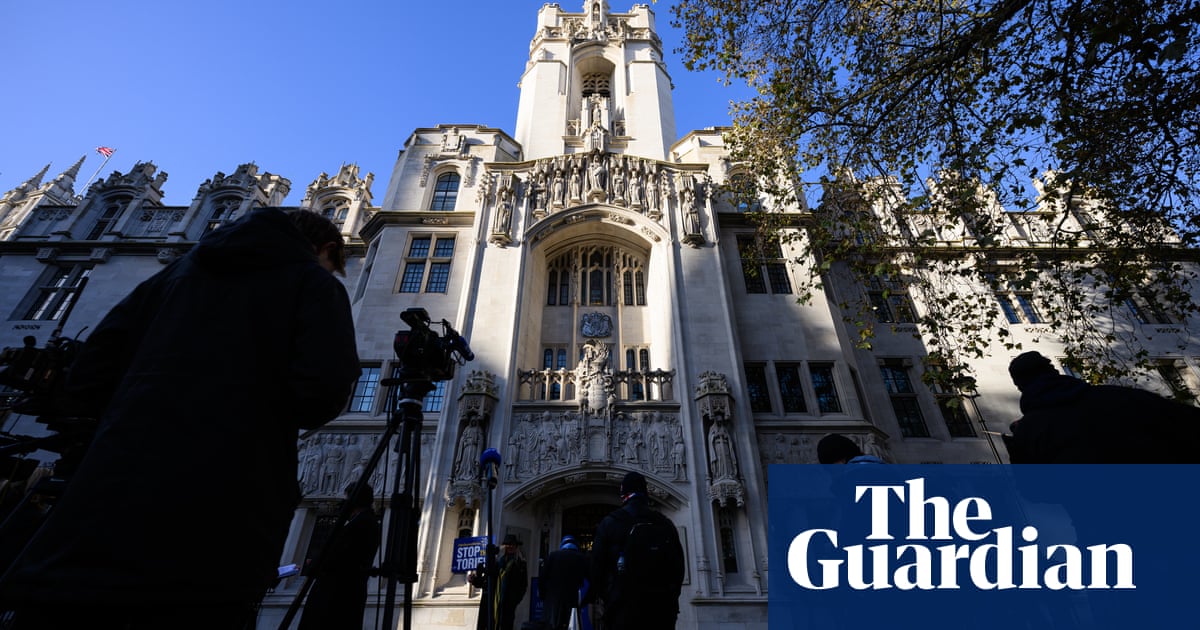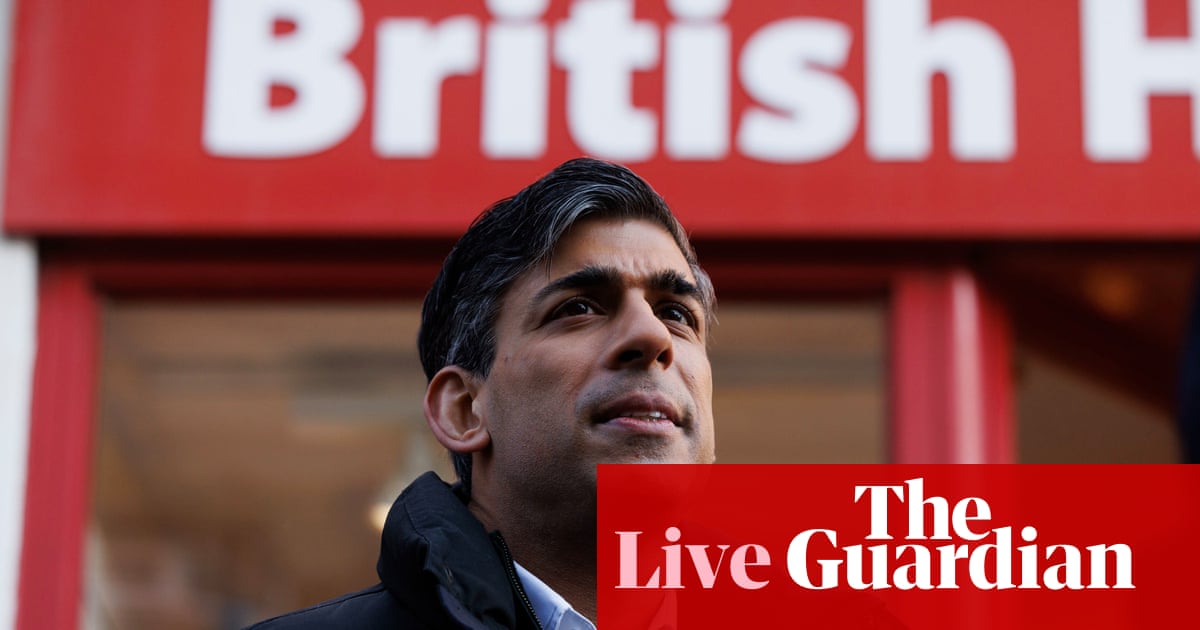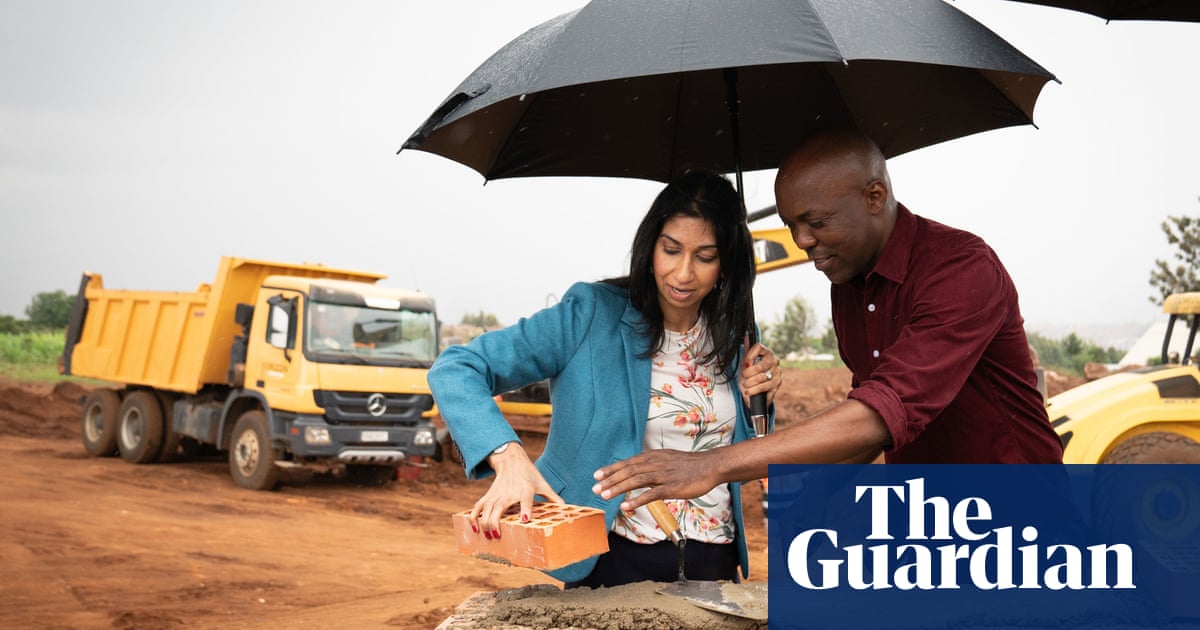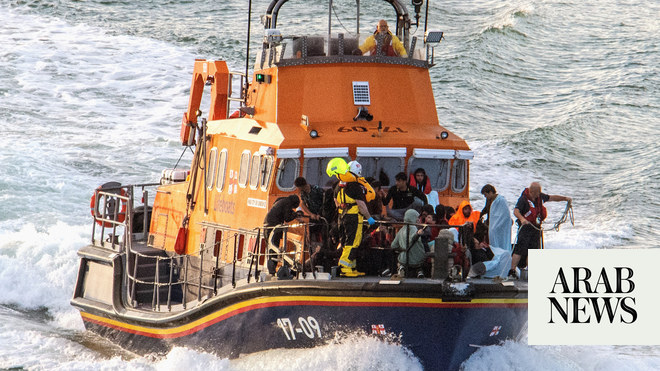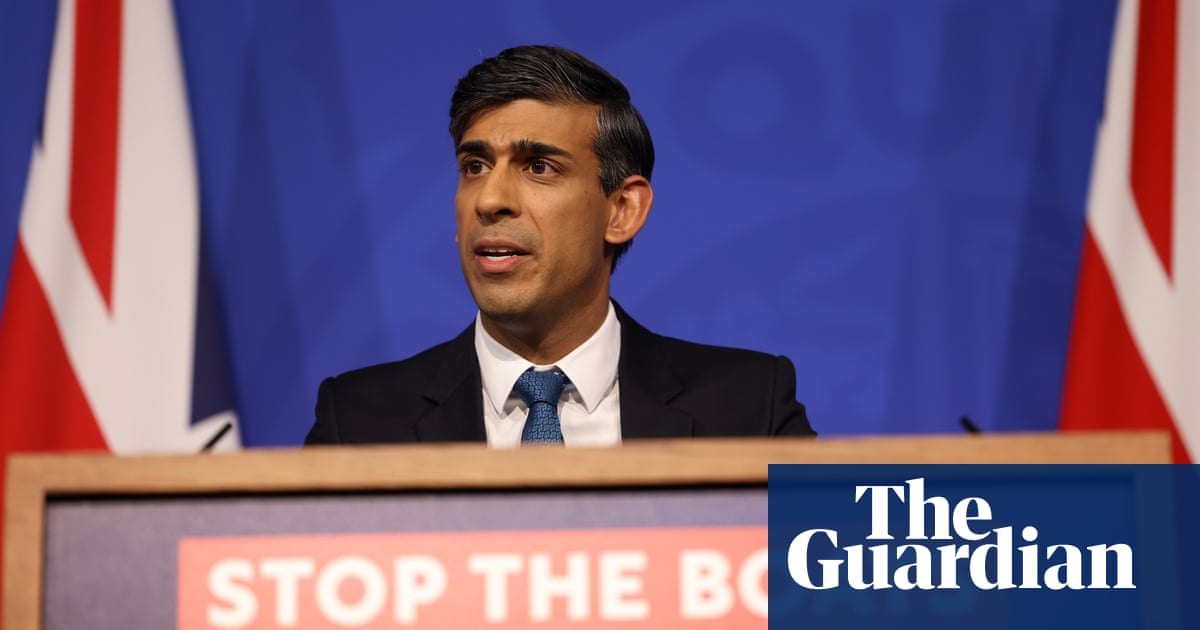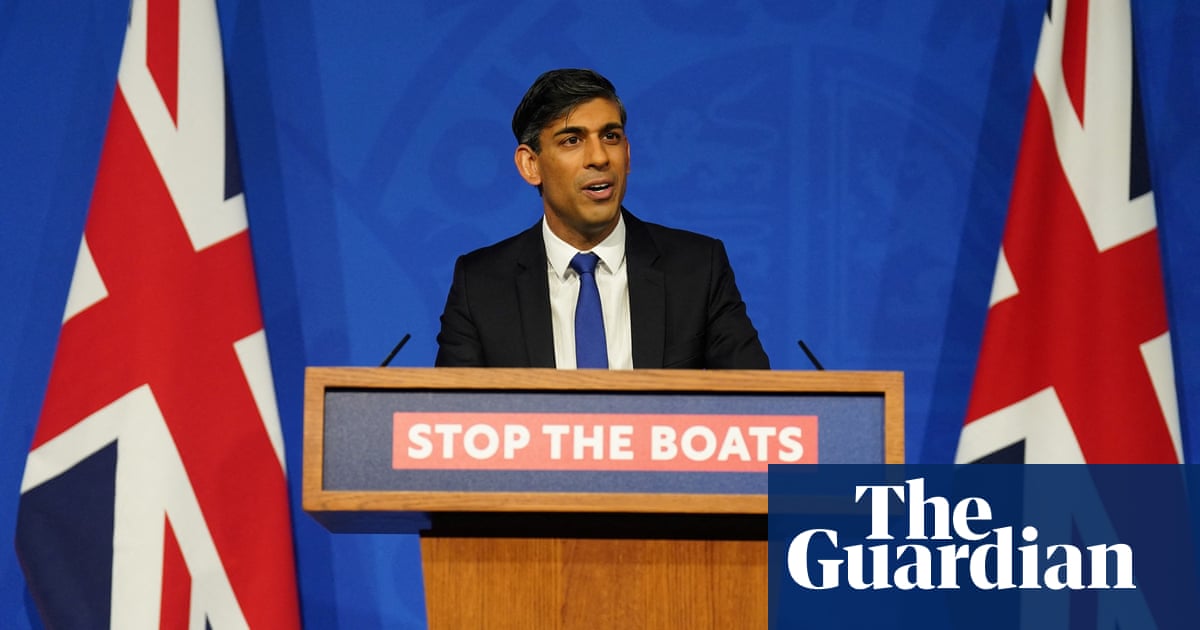
Rishi Sunak’s Rwanda treaty is unlikely to address concerns raised by the supreme court about the country not being a safe place to send asylum seekers, a House of Lords inquiry has been told.
Ahead of next week’s showdown on the Rwanda legislation, the Law Society, academics and human rights groups said the treaty risked undermining the rule of law and highlighted the untested nature of the proposed asylum system to be adopted by the east African country.
The Law Society said the recent supreme court judgment against the Rwanda asylum policy highlighted that many of the problems with Rwanda’s asylum system were structural and that it was doubtful this could change in the short term.
“The Law Society therefore has serious concerns that the treaty and its additional measures do not sufficiently address the concerns of the supreme court,” it said in new evidence published by the Lords international agreements committee.
“It is alarming that the UK government should be seeking to use law to change fact through both this treaty and the accompanying domestic legislation. Doing so significantly undermines the rule of law and the constitutional role of the courts.”
The Immigration Lawyers Practitioners Association, jointly with the human rights organisation Justice, said the treaty and assurances from Rwanda “are very likely to be insufficient to overcome the concerns of our supreme court”.
In further evidence, two academic legal experts – Prof Catherine Briddick, of the University of Oxford, and Prof Cathryn Costello, of University College Dublin – jointly released an assessment saying: “The use of an international treaty does not mean that Rwanda is a safe country. International law requires that the assessment of safety is an empirical matter, not a purely legal one. Although concluding an international treaty may make it more likely that the provisions of the agreement will be respected, that cannot be assumed.”
They said the treaty “may conflict with peremptory norms of international law” and “undermines international responsibility sharing for refugees, itself an implicit obligation under international refugee law”.
The Bar Council said whether the treaty addressed the supreme court’s concerns was likely to be tested in the courts. It added that the proposed new arrangements for Rwanda’s system were “evidently untested and dependent upon effective implementation and scrutiny”.
The treaty, signed after the supreme court struck down Sunak’s original plan, makes provisions to overhaul Rwanda’s asylum system and bring in independent scrutiny mechanisms. It underpins Sunak’s new legislation declaring the country a safe place to send asylum seekers who have entered the UK via small boats travelling across the Channel.
It is expected to be ratified by both countries but there are concerns that the workability of the new system in Rwanda will not have been tested before Sunak’s legislation is passed declaring it safe for asylum seekers to be deported from the UK.
James Cleverly, the foreign secretary, has previously defended the legal “robustness” of the treaty’s proposed new system in evidence to the international agreements committee in December. In that hearing, he said he had a “very high degree of confidence” that Rwanda would abide by the terms of the agreement struck with the UK, adding that “much of the world is watching” and “everyone’s going to be marking their homework”.
A Home Office spokesperson said: “We have worked closely with the Rwandan government to address the supreme court’s concerns directly within the new international Rwanda Treaty, and have also introduced the Safety of Rwanda Bill to confirm that Rwanda is indeed a safe country, ready to welcome relocated individuals into communities.
“We remain committed to the partnership and intend to begin flights as soon as possible.”
The prime minister is braced for a Commons battle on Tuesday and Wednesday next week over the legislation. The former justice secretary Sir Robert Buckland has tabled a number of amendments to the safety of Rwanda bill, including one that would remove clauses that declare it a safe country.
Conservative moderates are expected to hold back from rebelling unless Sunak makes concessions to rightwing MPs from the “five families” of factions who want to block international treaties that can stop flights.
Suella Braverman, the former home secretary and one of the leading rebels on the right, confirmed on Friday that she would vote against it as it stands. She told GB News: “I’m only going to support a bill that works as currently drafted. This bill does not work. And if there are no improvements to it, I will have to vote against it. I’m sent to parliament to vote for things or to be against them, not to sit on the fence.”
The Commons home affairs committee called on Friday for the government to provide time for MPs to debate and reach a view on the UK-Rwanda treaty, separately from its work on the Rwanda legislation.
The House of Lords inquiry into the Rwanda treaty by the international agreements committee, chaired by Peter Goldsmith KC, is the main place the deal itself is being thoroughly scrutinised in parliament.




